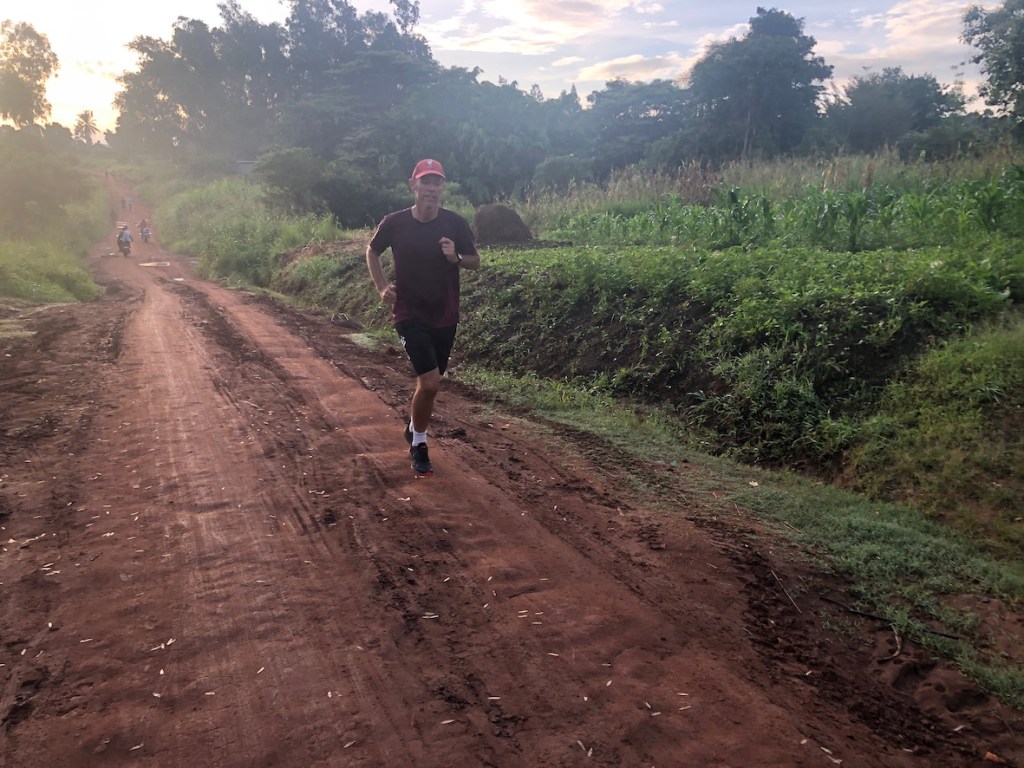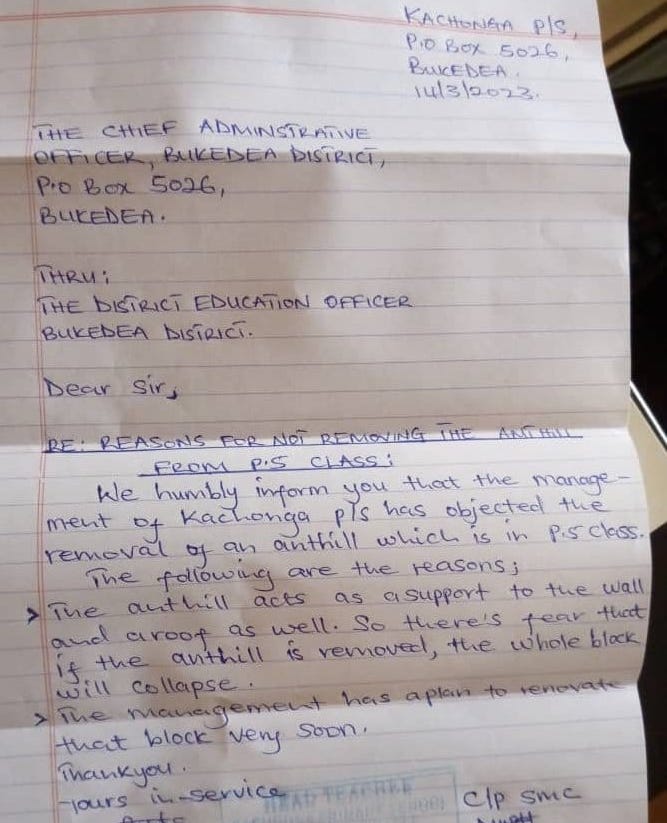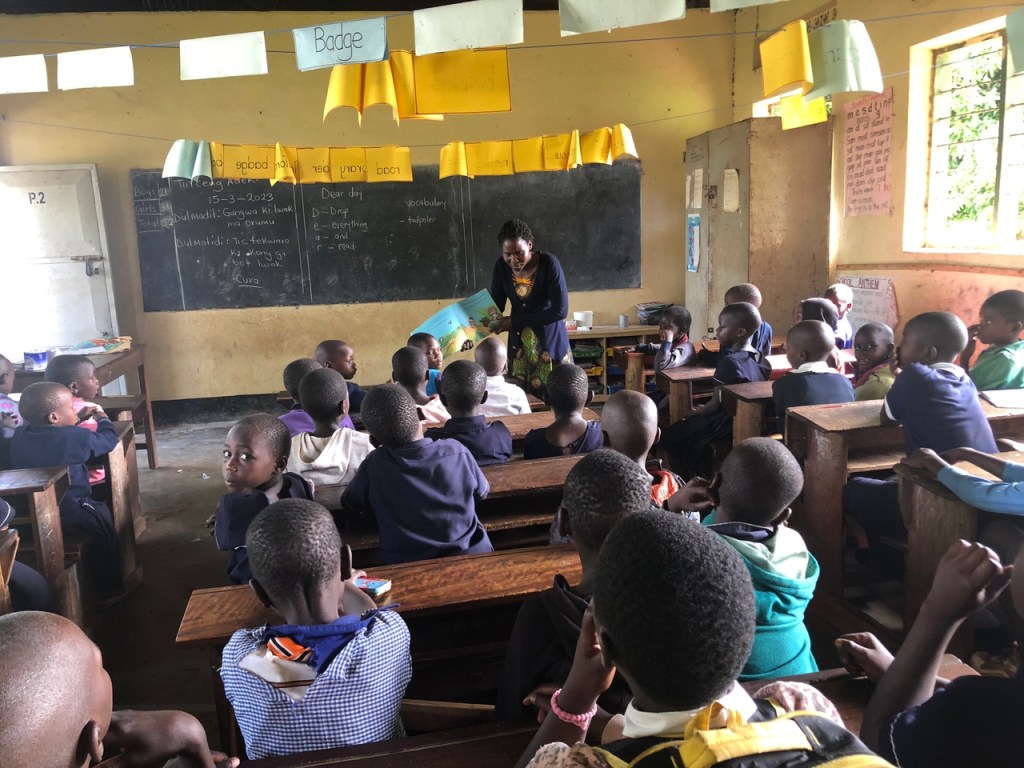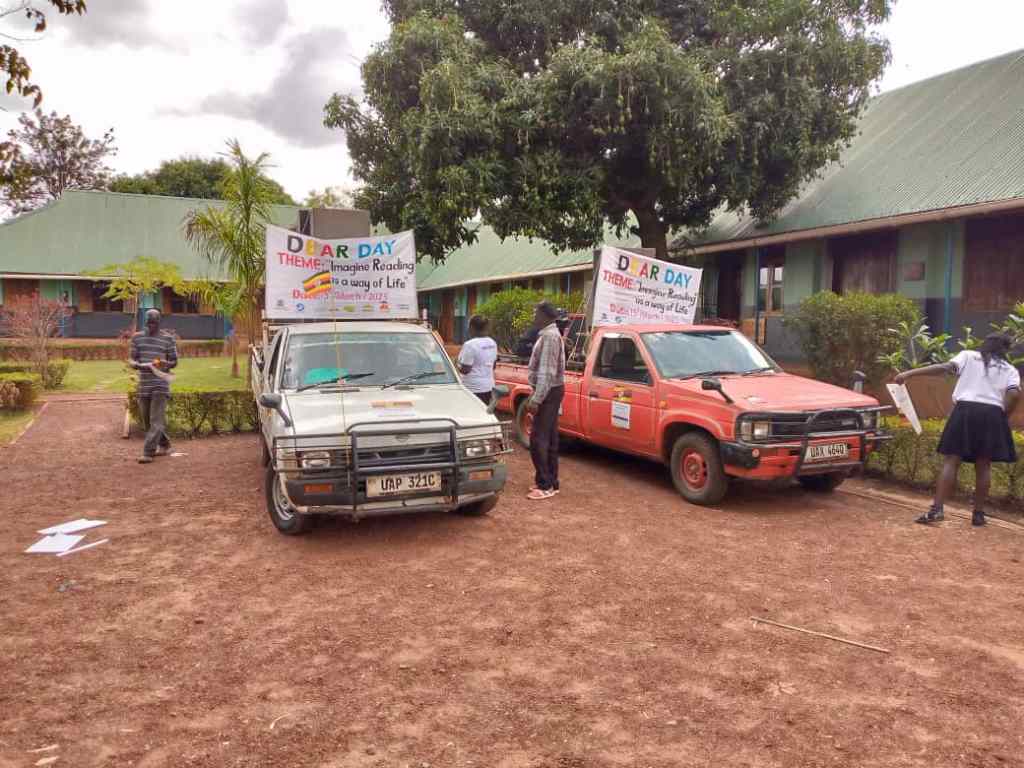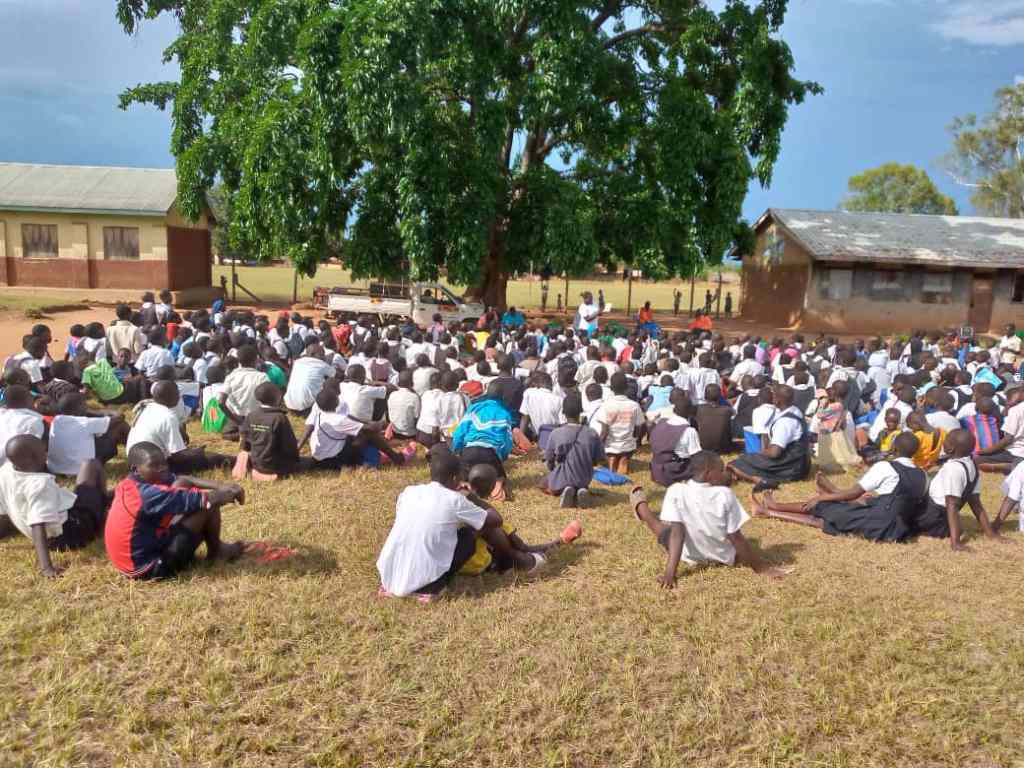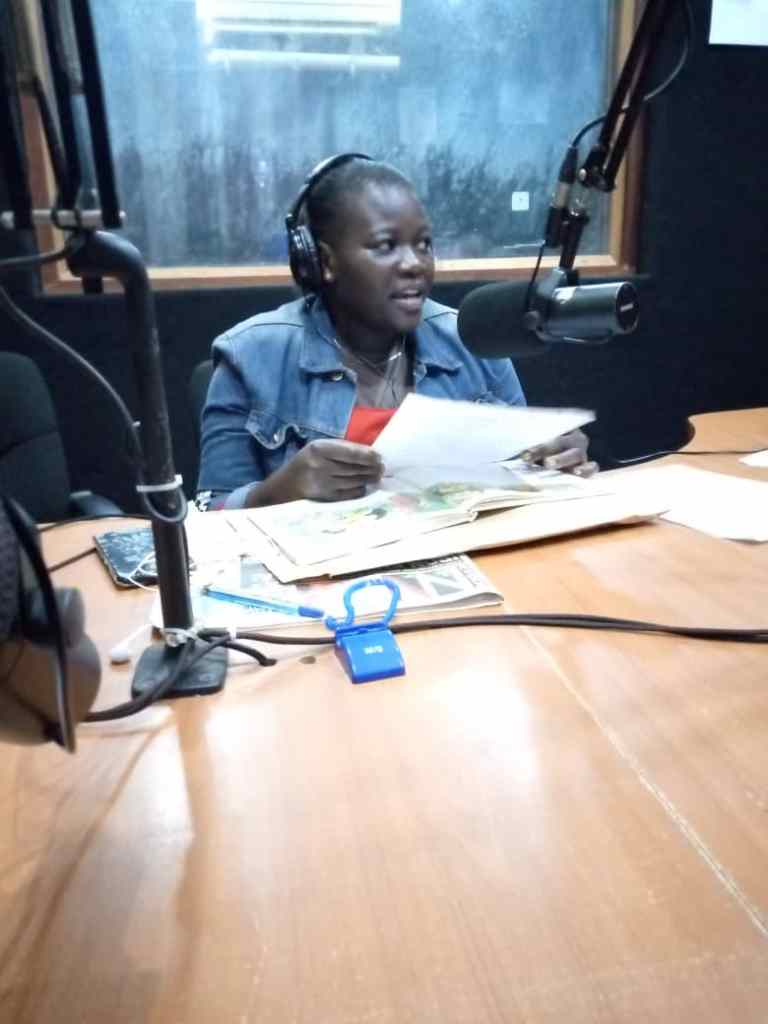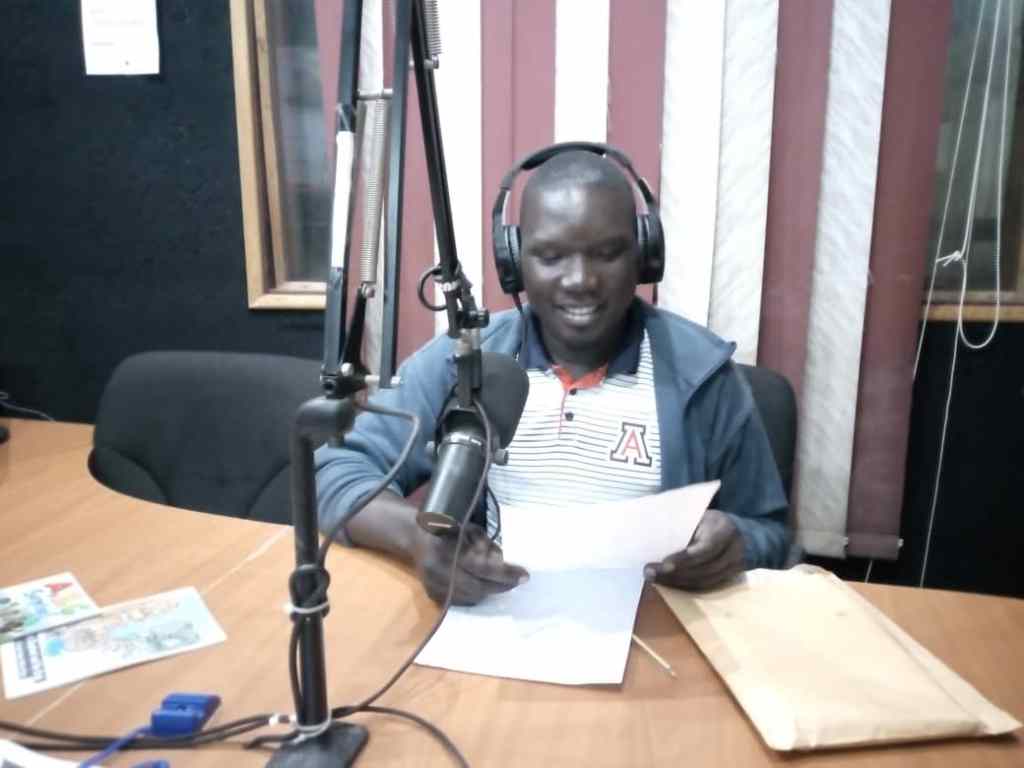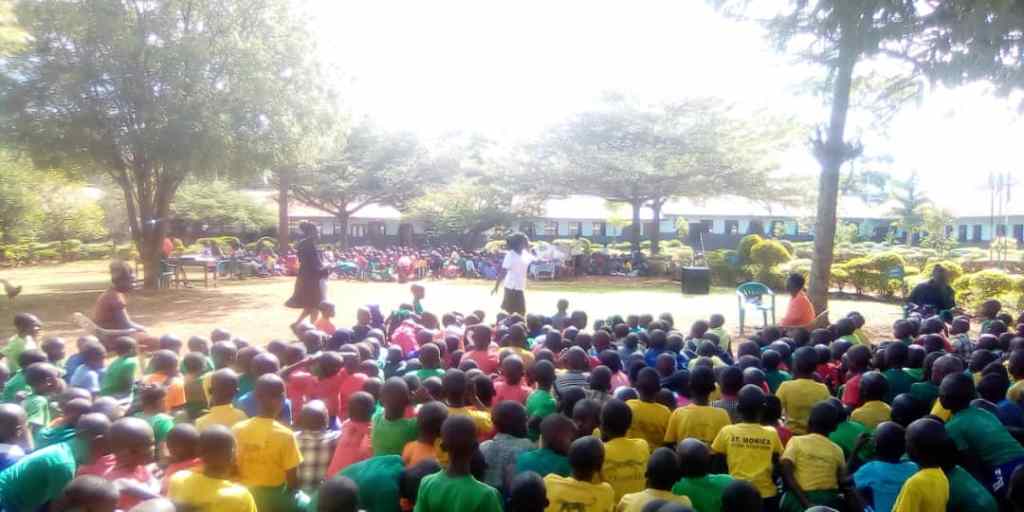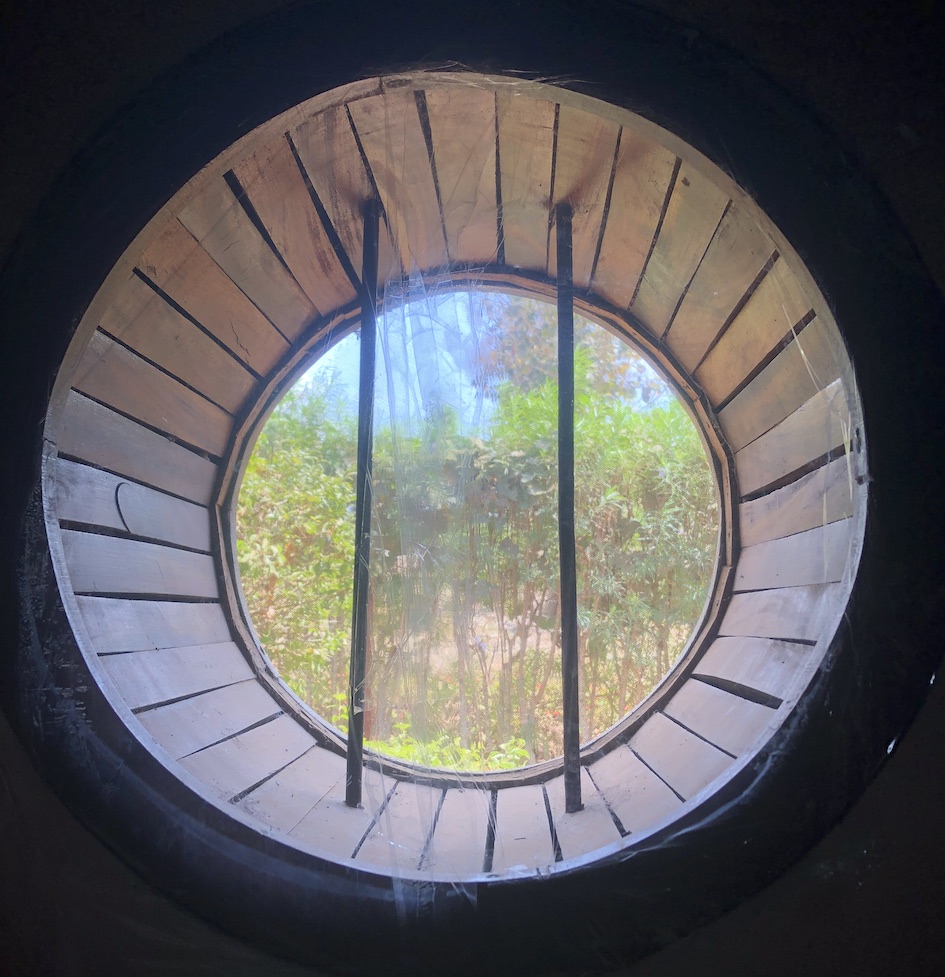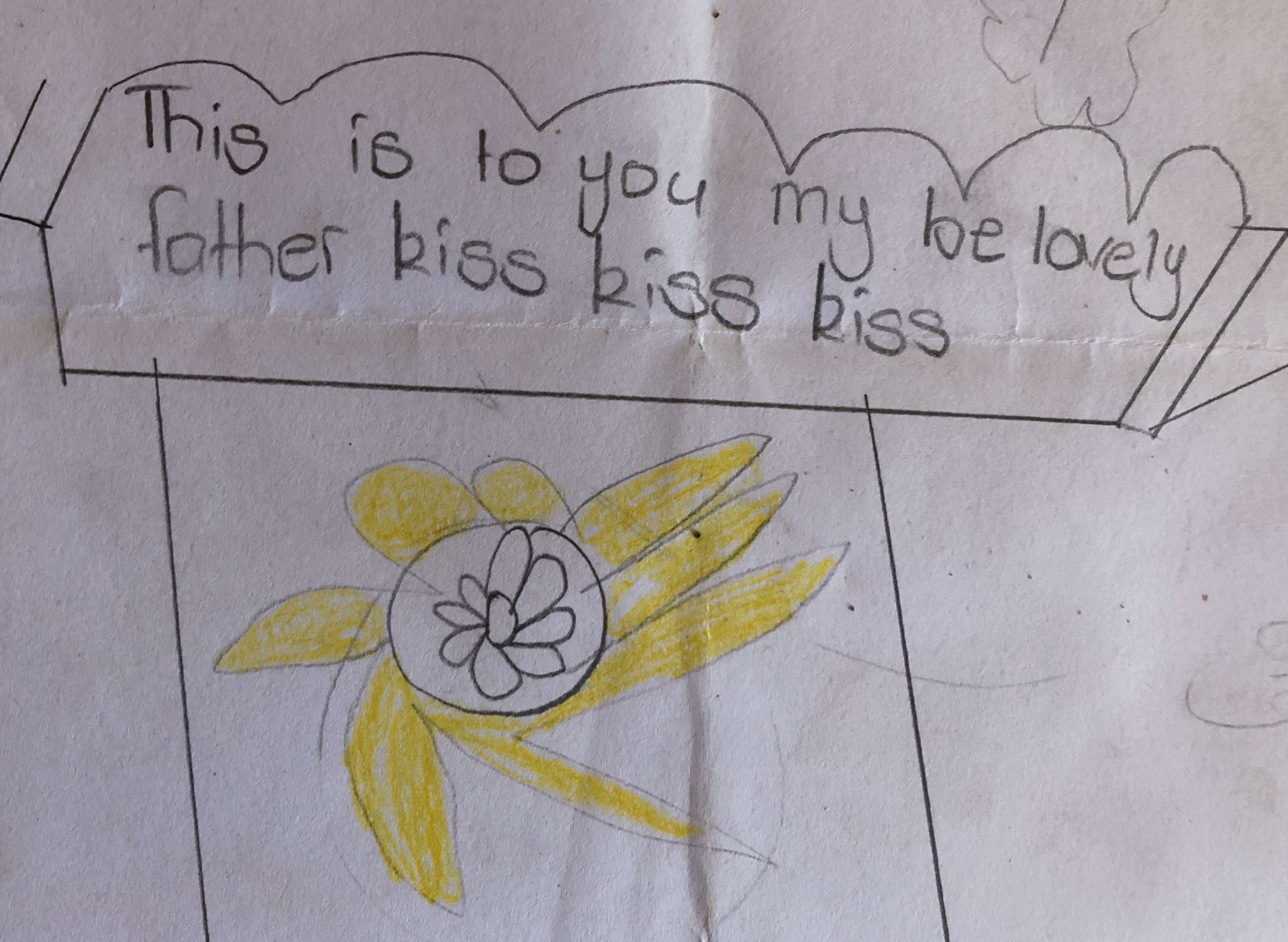I must write a blog. Months pass. I must write a blog. So much is happening! I must write a blog. Things have changed so much! I must write a blog before I leave Uganda! I’ve left Uganda. I must write a blog!
I sit here at the dining table (generously gifted to us) in our new flat along the Mid North Coast of New South Wales, Australia, whilst our 8-year-old feels sorry for himself in his new bedroom. What’s the matter with him you (as others) might ask? Could be many things: He’s 8! He’s moved country. He’s in transition. He’s left all his friends and community behind. He has a lot going on.
This is not a ‘how we are dealing with’ culture shock/readjusting to a consumerist-individual society blogpost though (that’s to come), this is an explanation of the current and exciting transition for READ for Life and us as a family.
Many have asked us when we will leave Uganda and return to Australia (or even the UK). That decision was clearly too difficult for me to bear, so the Australian Government decided it for me. Like all professional occupations there is a need to satisfy professional learning and accreditation requirements; my recall has come. I have to return to teach in a NSW primary school in 2024 to upgrade from a graduate teacher to proficient teacher, otherwise I can’t keep my ‘teaching licence’ for Australia. And I’ve spent way too much of my adult life in further education to have to restudy teaching if I lose it!
So on the 2nd of November we flew out of Uganda on quite a detoured journey to arrive in Australia one month later.
READ for Life is not over – far from it! READ for Life has potentially never been in a better and stronger position than what it is to serve the teachers and children in Northern Uganda! The team is the biggest it’s ever been, with 12 full time Ugandan staff members operating and leading READ for Life back in Gulu. That figure is about to grow in the new year as we combine forces with another NGO (Serve Direct – more about that later). And our involvement in READ for Life is far from over. You just need to look at my WhatsApp and email accounts to see that.
We have known that this day would arrive at some time (but put it off). We have naturally pulled away from the day-to-day operations and decisions of READ for Life and organically handed this over to the local leadership, now under the wise and steady direction of our great Team Leader Moureen Ninsiima. In our last couple of years in Uganda a lot of our time and energy was consumed with supporting the teaching, learning and infrastructure of Myron’s school – a small homeschool co-operative which expanded to an educational co-operative of 75 children but acted more like an international school.
And even though we have tried to prepare ourselves for this day, it did not take away from the emotional pain it was to say goodbye to our colleagues and community in Uganda. There were many tears and epic goodbye events! Events full of songs, prayers, dancing, letters, photos, videos, poems, story reading, speeches – oh so many speeches – and beautiful gift-giving. Although it was quite a heart-wrenching goodbye, we do plan to return to Uganda to meet again with our friends and colleagues and to continue to encourage, empower and support the incredible work of READ for Life.
I could say that READ for Life will still do the great work that it has always done, but that would be a lie. It’s expanding to do even greater and more work than ever! There’s a shift and greater focus on our trainers mentoring local teachers, working closer with school administrators and developing more fruitful partnership with other organisations in Gulu.
As we have started to share some of our transition story with friends and supporters some people have started to end their financial support to us and our work in Uganda. This is completely understandable and to some point, expected. However I strongly urge all our supporters and fans of READ for Life to continue their financial, prayerful and general support of the work of READ for Life since it is still continuing and needs our support now more than ever! And if you gave personally to Dan and I and our work in Uganda, then I emplore you to redirect your giving to go straight to the work of READ for Life. There are a couple of ways to do this: UK residents can give to the work of READ for Life via Stewardship by clicking here.
Australian residents can give via Global Development Group by clicking here.
AND US residents can make donations by clicking here.
And as an alternative last-minute Christmas gift, you can give the gift of reading and receive an online card to print out. Be the first person to buy one of these this year! Our gift of reading cards have clearly been overshadowed by the gift of chocolate this year. Click here to give the gift of reading and support our work.

The great team at READ for Life! 
Always time for a selfie 
Awwwww! With Jenneth, one of our team members. 
With a teaching colleague/pastor at a beautiful thanksgiving service for us.

